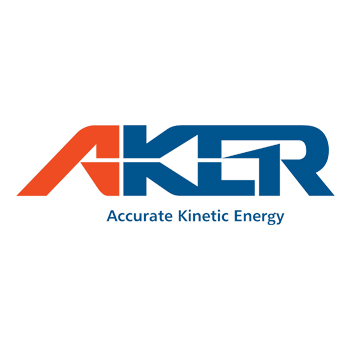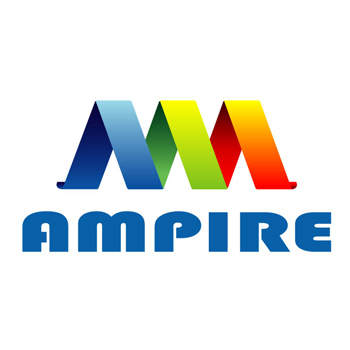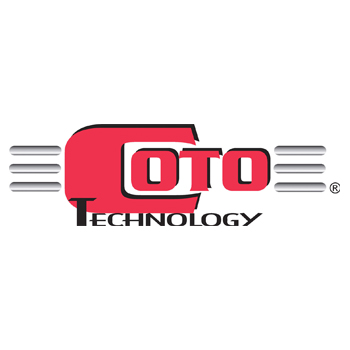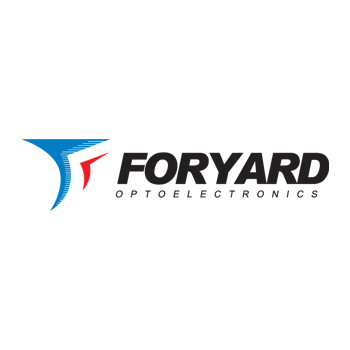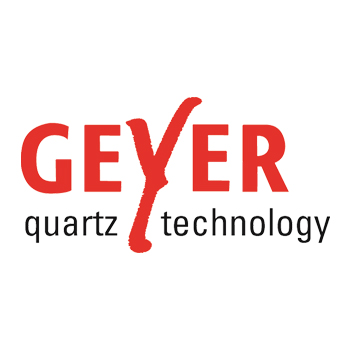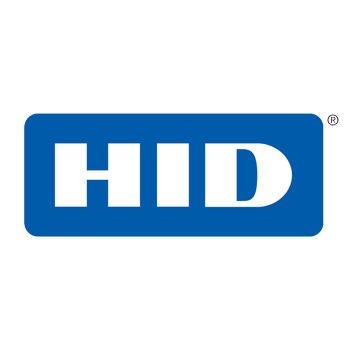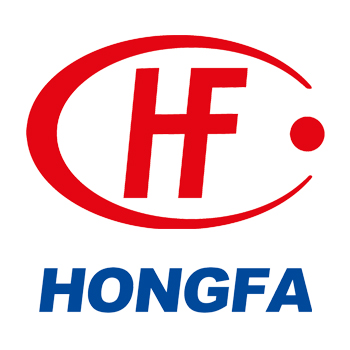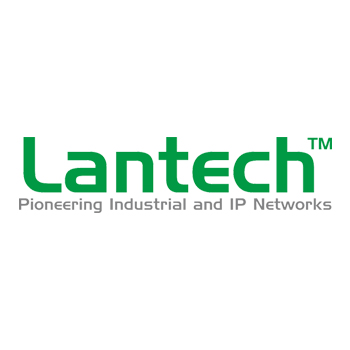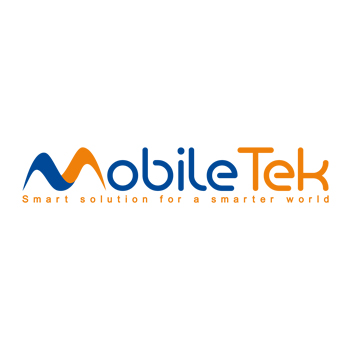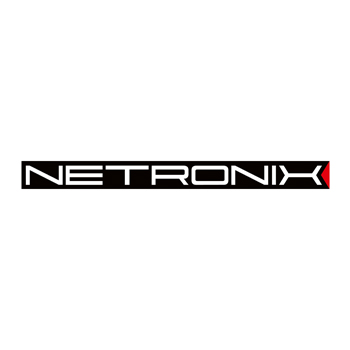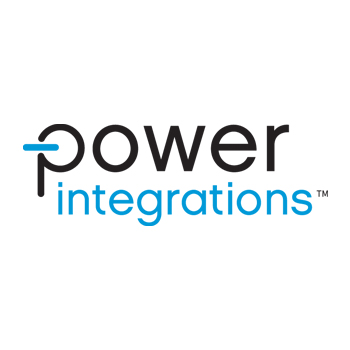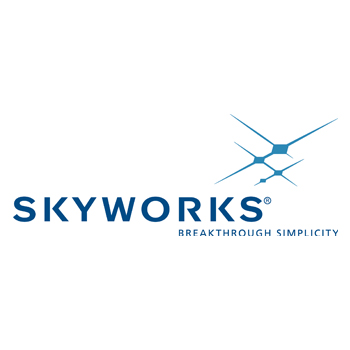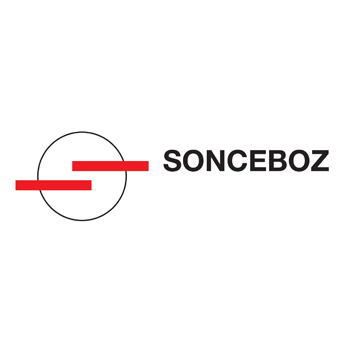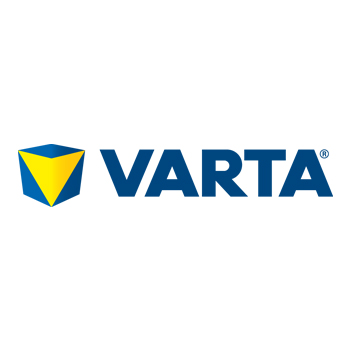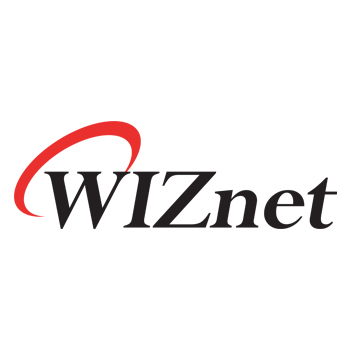- Baterie i akumulatory
- Elementy indukcyjne
- Elementy półprzewodnikowe
- Czujniki
- Elementy dysktretne
- Mikrokontrolery
- Przełączniki
- Układy scalone
- Zarządzanie energią
- Cyfrowe potencjometry
- Czujniki temperatury
- Kontrolery mocy
- Moduły DC-DC
- Oświetlenie i wyświetlacze
- PMIC
- Pozostałe
- Przełączniki mocy
- Regulatory AC/DC Power Integrations
- Regulatory DC/DC
- Regulatory DC/DC Power Integrations
- Regulatory liniowe LDO
- Stabilizatory napięcia
- Sterowniki MOSFET
- Terminatory DDR
- Układy nadzorcze
- Ładowarki baterii
- Zestawy uruchomieniowe
- Komunikacja
- LED
- Przekaźniki
- Rezonatory filtry i źródła częstotliwości
- RFID
- Wyświetlacze
- Zasilacze impulsowe
Ważne informacje
Nowy osadzony moduł i.MX28 firmy Digi International
 Bazując na rodzinie procesorów i.MX28 firmy Freescale, ConnectCard dla i.MX28 firmy Digi International jest idealną osadzoną platformą dla zastosowań w aplikacjach medycznych i opieki zdrowotnej, aplikacjach związanych z energetyką, transportem, przemysłem i automatyką.
Bazując na rodzinie procesorów i.MX28 firmy Freescale, ConnectCard dla i.MX28 firmy Digi International jest idealną osadzoną platformą dla zastosowań w aplikacjach medycznych i opieki zdrowotnej, aplikacjach związanych z energetyką, transportem, przemysłem i automatyką.
 ConnectCard oferuje łatwą integrację i niepowtarzalną elastyczność interfejsów w niezwykle kompaktowej i efektywnej cenowo formie. Moduł ten jest odpowiedni dla wielu różnych urządzeń, w tym konstrukcji zasilanych bateryjnie.
ConnectCard oferuje łatwą integrację i niepowtarzalną elastyczność interfejsów w niezwykle kompaktowej i efektywnej cenowo formie. Moduł ten jest odpowiedni dla wielu różnych urządzeń, w tym konstrukcji zasilanych bateryjnie.
Moduł wyposażony jest w wysoce zintegrowany 32-bitowy procesor oparty na rdzeniu ARM, działający z prędkością do 454 MHz, dysponuje wbudowaną jednostką zarządzania energią, podwójnym Ethernetem i opcjonalną łącznością 802.11a/b/g/n i Bluetooth 4,0. Bogate opcje interfejsów obejmują m.in. dual FlexCAN (jako opcja), GPIO, ADC, UART, High Speed USB, SPI, I2C, I2S, 1-Wire, PWM i JTAG/ETM.
 Zestaw Digi Jumpstart® dla Digi Embedded Linux jest kompletnym narzędziem deweloperskim umożliwiającym rozwój aplikacji osadzonej pod klucz pozwalając znacznie przyspieszyć czas wprowadzenia produktu na rynek oraz zmniejszając ryzyko całego projektu.
Zestaw Digi Jumpstart® dla Digi Embedded Linux jest kompletnym narzędziem deweloperskim umożliwiającym rozwój aplikacji osadzonej pod klucz pozwalając znacznie przyspieszyć czas wprowadzenia produktu na rynek oraz zmniejszając ryzyko całego projektu.
Specyfikacja modułów Digi ConnectCard i.MX28 (źr. Digi International)
| Specifications | ConnectCard™ i.MX28 | ConnectCard™ Wi-i.MX28 |
| Processor | ||
| Processor Models | Freescale® i.MX280, i.MX287 | |
| Speed Grade | Up to 454 MHz | |
| Core Type | ARM926EJ-S | |
| Cache Memory | 16k I-Cache, 32k D-Cache | |
| Internal RAM | 128 KB SRAM | |
| Internal ROM (OCOTP) | 1,280 Bits | |
| Memory | ||
| Flash | Up to 2 GB NAND flash | |
| RAM | Up to 256 MB DDR2 | |
| Debug | ||
| JTAG | • | |
| ETM/ETB | • | |
| Power Management | ||
| Power Modes | Run, Standby, Deep Sleep | |
| Wake-up Events | RTC, GPIO, CAN, USB, Ethernet | |
| Auto Slow | • | |
| Li-Ion Battery Charger / Monitor | • | |
| Clock and Watchdog | ||
| Real-Time Clock | • | |
| Alarm | • | |
| Watchdog | • | |
| Security | ||
| Data Co-Processor (DCP) | 128-bit AES encryption SHA-1 / SHA256 hashing | |
| Fusebox (OCOTP) | 1280 bits | |
| High-Assurance Boot (HAB4) | • | |
| Secure Boot | 128-bit AES decryption | |
| Peripherals | ||
| UART | Up to 4 channels with bit rates up to 3.25 MHz (AUART) Up to 1 channel with bit rate up to 115 kbps (DUART) | |
| CAN Bus | Up to 2 channels, CAN Bus 2.0B, bit rates up to 1 Mbps, 64 message buffers (0-8 bytes), low-power modes with wake-up | |
| SPI | Up to 2, master/slave modes | |
| I2S | Up to 1 | |
| I2C | Up to 2 channels, master/slave (7-/10-bit addressing), standard (100 kbps) and fast (400 kbps) mode | |
| SD/SDIO/MMC | Up to 4 ports, 1-/4-/8-bit modes, up to 48 MHz | |
| USB 2.0 High-Speed | Up to 1 USB 2.0 High-Speed Host (with PHY) Up to 1 USB 2.0 OTG port (with PHY) | |
| 1-Wire | Maxim DS2482-100+ | |
| GPIO | Up to 32 (depending on module variant) | |
| PWM | Up to 4 | |
| Display | ||
| Resolution | 800x480 (WVGA) | |
| Refresh Rate | Up to 60 Hz | |
| Color Depth | 8/16/24 bpp | |
| Modes | RGB/DOTCK/SYSTEM | |
| Color Space Conversion | • | |
| Scaling | • | |
| Rotation | • | |
| Touch Screen | ||
| Touch Screen Controller | 4-/5-wire (LRADC) | |
| Ethernet | ||
| Physical Layer | 10/100Base-T | |
| Data Rates | 10/100 Mbps, auto-sensing | |
| Duplex Mode | Full or half duplex, auto-sensing | |
| IEEE 1588 | • (i.MX287 only) | |
| Power over Ethernet (802.3af) | ||
| Power over Ethernet | Development board ready for 802.3af PoE application kit (sold separately) | |
| Wi-Fi | ||
| Standard | N/A | 802.11a/b/g/n |
| Antenna Connectors | N/A | 2 x U.FL |
| Dual Diversity | N/A | • |
| Frequency Bands | N/A | 2.412 - 2.484 GHz 4.900 - 5.850 GHz |
| Data Rates | N/A | 802.11b: 1, 2, 5.5, 11 Mbps 802.11a/g: 6, 9, 12, 18, 24, 36, 48, 54 Mbps 802.11n: 15, 30, 45, 60, 90, 120, 135, 150 Mbps (HT40, MCS 0-7) |
| Modulation | N/A | DBPSK, DQPSK, CCK, BPSK, QPSK, 16-QAM, 64-QAM |
| Transmit Power (±2 dBm) | N/A | 802.11b: 17 dBm typical 802.11g/n: 15 dBm typical 802.11a/n: 12 dBm typical |
| Security | N/A | WEP, WPA-PSK/WPA2-Personal, WPA/WPA2 Enterprise, 802.11i |
| Wi-Fi Logo Certification | N/A | Ready |
| CCXv4 ASD | N/A | Ready |
| Bluetooth | ||
| Modes | N/A | Bluetooth 4.0 (Bluetooth 2.1 + EDR, Bluetooth 3.0 + HS 802.11 AMP, Bluetooth Low Energy) |
| Class | N/A | 1.5 |
| Profiles | N/A | GAP, SPP, HSP, HFP, FTP, PAN, OPP, HID, A2DP, AVRCP, HDP |
| Coexistence | N/A | • |
| Power Requirements (Use-Case Estimates) | ||
| Wi-Fi 2.4 GHz Transmit, CPU 454 MHz, 50%, UART active | 406mA @ 5V | |
| Wi-Fi 2.4 GHz Receive, CPU Idle (Auto Slow) | 100mA @ 5V | |
| Wi-Fi Standby (Sleep), CPU Standby (IRQ) | 8mA @ 5V | |
| Wi-Fi Standby (Host off), CPU Deep Sleep (RTC) | 112µA @ 5V | |
| Module Variants1 | ||
| Population Options | Processor models (i.MX280, i.MX281, i.MX283, i.MX285, i.MX286, i.MX287), flash, RAM, Single 10/100 Ethernet, dual 10/100 Ethernet w/1588, 802.11a/b/g/n Wi-Fi with Bluetooth 4.0, 1-Wire, LCD connector, CAN bus | |
| Mechanical | ||
| Dimensions (L x W x H) w/o JTAG/LCD connector | 51 mm x 35 mm x 2.6 mm | 51 mm x 35 mm x 3 mm |
| Mating Connector for Module | Molex, P/N 67910-5700 Tyco, P/N 2041119-x | |
| Retaining Clip for Module (Optional) | Molex, P/N 480995701 Tyco, P/N 1717832 | |
| JTAG/LCD Connector on Module (Optional) | FCI, P/N SFV31R-1STE1LF Tyco, P/N 3-1734839-1 | |
| Environmental | ||
| Operating Temperature | -40° C to +65° C / -40° F to +149° F (454 MHz) Higher temperature ceiling through thermal management (decreased clock rate, thermal pad, airflow, etc.) | |
| Storage Temperature | -50° C to +125° C (-58° F to +257° F) | |
| Relative Humidity | 5% to 90% (non-condensing) | |
| Altitude | 12,000 feet (3,658 meters) | |
| Approvals and Certifications (Pending) | ||
| Emissions | FCC Part 15 Class B, EN 55022 Class B, EN 61000-3-2, EN 61000-3-3, ICES-003 Class B, VCCI Class II, AS 3548, FCC Part 15 Subpart C Section 15.247, IC (Industry Canada), RSS-210 Issue 5 Section 6.2.2(o), EN 300 328, EN 301 489-17 | |
| Immunity | EN 55024, EN 301 489-3 | |
| Safety | UL/UR, or equivalent | |
| Radio | US, Canada, EU, Japan, Australia/New Zealand | |
| Temperature | IEC 60068-2-1, IEC 60068-2-2, IEC 60068-2-78 | |
| Vibration/Shock | IEC 60068-2-6, IEC 60068-2-64, IEC 60068-2-27 | |
| Design Test | HALT | |
W celu uzyskania szerszych informacji odnośnie nowych modułów Digi ConnectCard i.MX28, lub innych produktów firmy Digi zapraszamy do kontaktu z naszym Inżynierem Aplikacyjnym: dariusz.bednarczyk@gamma.pl, lub telefonicznie pod numerem +48 22 862 75 13


